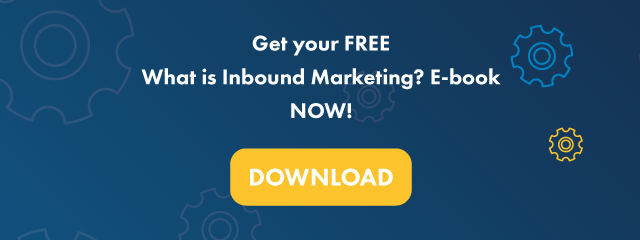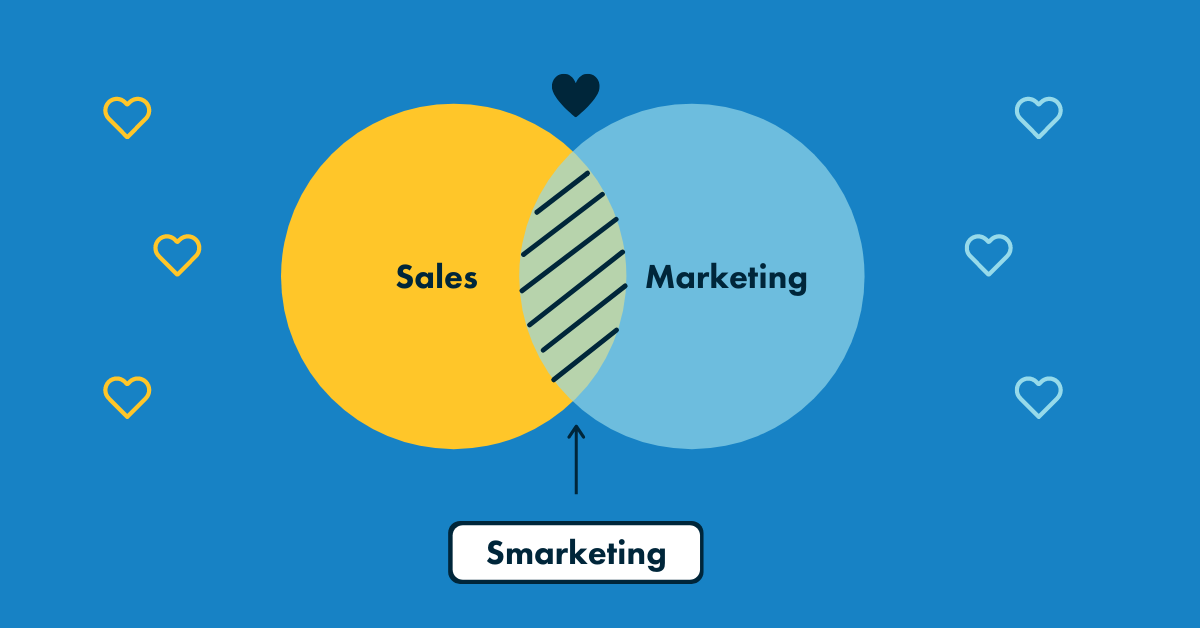8 Ways To Evolve Your Sales & Marketing
Sales and marketing is constantly changing. It can be hard for sales and marketing teams to keep up with the rapid pace of change that we have seen in the last 20 years. Keeping up with change is one thing - knowing where to start, with regards to evolving a business, is another challenge altogether.
Below, we have outlined areas for consideration when looking to evolve your sales and marketing.
Download Our 8 Top Tips Infographic
1. Have a focus
You need to modernise and change the way you think. If your business’ focus is too general and you are unsure where to go next with your sales and marketing, you need to “get niche and get big or get out”. With the advent of the Internet making your expertise completely transparent, you really have to know your customer and the industries they are in. You have to engage in a way that means that they actually want to talk to you. It’s not about making big changes, it is about taking small steps to evolve and become a better business.
2. Identify your Personas
It has never been so important toidentify your decision makers, create personas and then promote content to the needs of each one individually. Be smart, be the expert, be useful. You have to know your customer; you have to engage them in a way that means they will want to talk to you. You need to attract their attention and show that you are aligned, through giving your personas the tools they need to succeed. Most importantly, send the right content to the right customer at the right time.
3. Change your behaviour
Sales and marketing is evolving, there is no point trying to deny it. Right now, sales people are only getting “to play” if the marketing team has done a good job of encouraging interaction. You can’t just start cold-calling prospects and hope they will bite. Buyers want to be in the know and they feel empowered when they know more than you. Your buyers are informed and armed with self-sourced information, way before they talk to you. The same sales and marketing tricks from 20 years will no longer work.
4. Have a plan
With all this change happening, you can’t just jump into the new era of sales and marketing two feet first. By addressing the bigger picture, you’re able to create a plan and know which resources and tools you’ll require moving forward. There are three main plans you will need to create a method of action for:
4.1. The Systems
Which system are you going to use to assist in the creation of content? Mailchimp, Hubspot, CRM? Understanding which systems work best with which style of campaign will help streamline your communications and minimise wasted expenditure.
4.2. How to Promote Content
You need to know which social channels your personas are using, the social channels the industry you’re targeting use and what really makes them tick.
4.3. How You Connect
How do you connect with the people who are interacting with your content? Do you refer to an engagement ladder and guide them through their marketing? The goal is for them to become your customer, so you have to start thinking strategically about your sales and marketing. This will allow you to connect with your audience on the platforms they frequent and in ways that you’d never thought about until now!
5. Be Product Experts
The conversations you are having with potential customers are now far more intimate. It’s not about what the product does anymore, but a question of who understands the customer best and can solve their problems effectively. By becoming product experts in your industry, you can create content that answers questions and engages your potential customers.
Defining these product experts within your company will allow better, more concentrated content to be created, which will help to relieve the stress felt by your marketing team. You need to intrigue your customers, educate and provide the right tools for them to buy into your company, products and services.
6. Create useful content
In the new era of ‘smarketing’, buyers will be looking at the content around your products and the services, before they even speak with you. By saturating their frequently used platforms with useful content, they will start to build an understanding of you as a supplier / business partner and be more open to the idea of a relationship with you.
Create an arsenal of content such as blogs, articles, whitepapers, downloads, e-books, webinars and videos. This will prepare you for when you’re in front of your target audience, giving them the information they are looking for - whether this is created or curated.
7. Blogging
Blogging is a great way to show you’re product experts in your industry. In this new era of smarketing, buyers will read blogs to find expert content relating to the services you provide. Answer your target audience’s questions and understand the problems they may have. Talk about new trends and catch their attention with the information you know. Blogging will also help you build a reputation within your industry in the same way public speaking can - without you having to even leave your desk.
8. Reviews
Word of mouth has always been important to a buyer’s decision making process. Your buyer will already be informed about your product before they speak with you and they will have found recommendations through reviews online. Furthermore, they would have also read your competitor reviews, looking for authenticity in amongst the noise of the online world.
The reputation of your company and your products will always be important. Asking your existing or past customers to review you and your company online is essential, using trusted review systems such as: Google, Checkatrade, Trust Pilot.
If you would like to know more about this evolving landscape, please download our infographic or get in contact with one of our marketing nerds on 01202 684 009.
Make sure to download our latest e-book on Inbound Marketing.






